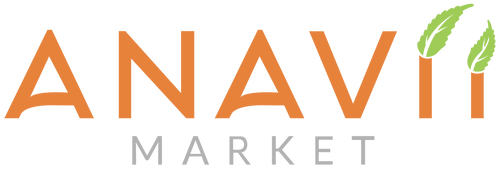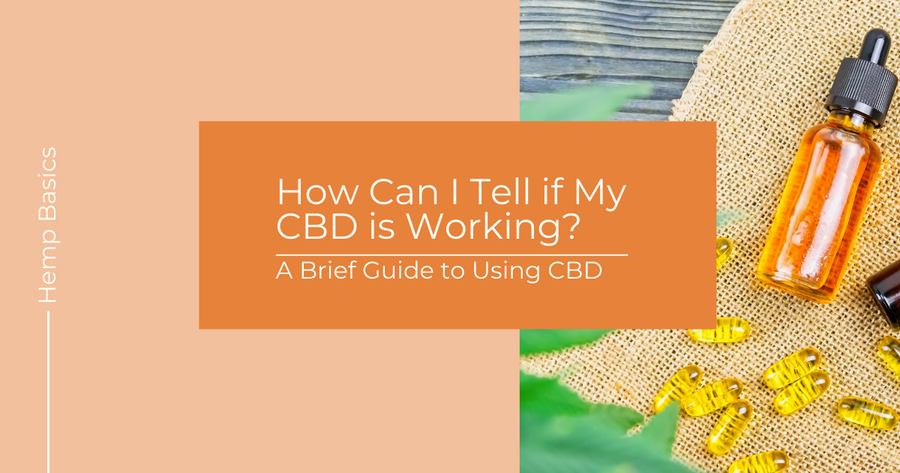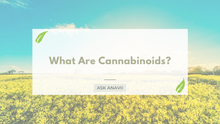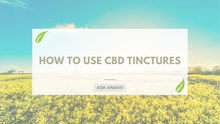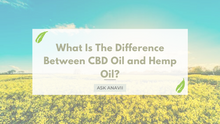Anavii Market interviews Doug Fine about his journey in Regenerative Agriculture and how hemp has a place for all farmers.
How did you become a regenerative agriculturalist?
Climate Change struck home. I learned that humanity is in the bottom of the ninth, with two outs. As I explain it in AMERICAN HEMP FARMER, in 2013, a bear fleeing a wildfire in our New Mexico backyard killed nearly all of my family’s goats in front of our eyes. It wasn’t the bear’s fault: he was a climate refugee. Drought had weakened the ponderosa pines and Douglas fir surrounding our remote Funky Butte Ranch. Beetles took advantage, and all of southern New Mexico was a tinderbox. Ho hum, just another climate event that until recently would have been called a “millennial” fire.
The blaze cut a 130,000-acre swath that year, poisoning the air before the monsoon finally arrived about half a day before we would’ve had to evacuate. But it was too late for the large juvenile black bear, who’d lost his home and his mind. He didn’t even really eat most of the goats. We lost all but one of the animals that provided our milk, yogurt, and ice cream.
Baby Taylor Swift survived, but Bette Midler, Stevie Nicks, and Natalie Merchant (we name our goats after singers we like) perished, as did the bear several weeks later, care of a Game and Fish marksman, upon going after a dozen of our neighbor’s sheep. We’ve had our climate change Pearl Harbor—the event that shifted us into a single-minded new normal. If you haven’t had yours yet, you probably soon will. This is the paramount reason I’m an overworked employee of the hemp plant: The people I care about most are one blaze away from joining the world’s 20 million climate refugees. At least I get the pleasure of putting “goat sitter” under occupation on my tax form.
There’s nothing like wildfire-fleeing bears attacking your livestock before breakfast to hammer home the fact that humanity is in the bottom of the ninth inning with two outs. The conflagration convinced me that I had to do something, personally, to work on this climate change problem. After some research about carbon sequestration through soil building, it became clear that planting as much hemp as possible was the best way to actively mitigate climate change and help restore normal rainfall cycles to our ecosystem.
The good news is that I firmly believe — and some studies are starting to confirm — that regenerative, top-shelf farming practices result in the highest quality hemp, on all sides of the plant. So there’s the win-win: help stabilize climate and succeed in the marketplace. In fact, an enterprises’ regenerative practices can become a key part of its brand. For me, I emphasize “shaman”-era processing, organic certification, and compostable packaging.
How does hemp play into regenerative agriculture?
Because the overall hemp brand is so associated with regenerative practices, I believe the hemp industry can spearhead a worldwide agricultural movement back to the regenerative practices that humans used for millennia without fail, or you and I wouldn’t be here today. As well, hemp provides independent farmers/entrepreneurs an opportunity to succeed in the marketplace by providing a top-shelf product that out-performs mass operations using fungible products. Just a craft beer gains one percent of market share each year versus mass-market beer, I see independent regenerative hemp enterprises proving to be the Dom Perignon of the hemp industry — products that folks will seek just as they seek artisanal cheese, wine, and craft beer, This is why I try to find farmer-owned, regional hemp products and urge other folks to do so as well: you’ll get the best hemp while supporting regional economies and mitigating climate change.
Tell us about goats.
I’m just in from milking our rebuild herd and it’s always one of my favorite times of day. :) From a practical standpoint, the milk (which is healthy and delicious) reduces my family’s protein carbon miles (just as our hemp polyculture garden does), and it increases our food security. But we love those goats — I like to meditate and stretch with them in the morning. And as folks who have read my book Farewell, My Subaru know, goats are way too clever and frequently outsmart me in attempts to get into rosebushes, grain bins, and hemp gardens. But your goats love you as much as your dogs and cats love you, so it’s really about learning one other’s habits.
What are some of your favorite uses for hemp?
I’d say my top two favorite hemp apps are superfood and soil healing (phytoremediation). As a superfood, hemp is a high-protein food and a source of GLA (gamma-linolenic acid). My family and I have just finished our seed harvest and drying, and I love seeing those jars of superfood-packed away for the winter. It’s a good feeling to feel you’ll survive another year no matter what. As for phytoremediation, I’m honored to say that my own hemp genetics have been used in an early pace New Mexico State University study that has shown that the roots remove radioactive toxins from contaminated mining soil. Much of the world’s soil is stressed today, and hemp is going to play a vital role in the soil building process necessary for us to continue to produce healthy food for coming generations.
What do you see for the future of hemp and CBD?
Hemp is a big tent with a famously broad number of potential uses, and I’m sure we are all going to be surprised about previously unimagined applications that emerge for this incredible plant, but in general, I like to visualize two main streams: one is the independent regenerative farming renaissance we’ve been discussing where a large number of regional farms owned enterprises thrive across the land. The other is the incorporating of hemp as a staple crop at a level commensurate with the 89.1 million acres of corn cultivated annually in the U.S. To achieve that, a lot of education and marketing infrastructure has to be developed. But, ya know, all our grandchildren's wellbeing hangs in the balance, so I think it’s a worthwhile effort. That’s why I spend much of my consulting time advising projects where farm enterprises are transitioning from monoculture to hep and other regenerative crops. From a policy perspective, I visualize a return to hemp being what it always has been — just another crop on the farm. There is no reason for field THC testing. Eventually, states will decide a THC level for flower, and any farm that is not sending flower to the public won’t have to be tested at all.
Any advice you'd like to give to our readers?
As most of hemp’s modern pioneers have learned, the industry is not a get-rich-quick scheme. Though this is sometimes easier said than done for folks on a shoestring budget, it’s important to have a three- or five-year plan for your farm enterprise. Whatever you do, i suggest you don’t cut corners on regenerative practices. Also, I’m a big believer in polyculture: a return to farms growing multiple crops in a regenerative rotation. It’s how it’s always been done until about a century ago. I also notice that in my home garden, hemp provides much-needed shade for other food crops we grow, including tomatoes, beans and kale. And in closing, I’d urge enjoyers of hemp (or any crop) to seek out regional and local farmer-owned enterprises, whether through food co-ops, CSAs or farmer’s markets. And when shopping online, ask the same questions ou would in person — be a label reader: is the enterprise a farmer-owned regenerative one building soil? Is the product certified organic? Those that provide an important win-win for regional economies and for the buyer.
Anavii Market only sells safe, lab-tested CBD & hemp
Anavii Market only sells fully legal CBD and full-spectrum hemp extract products. We verify third-party lab tests for every product we sell to ensure they’re free of dangerous impurities.
Have questions on CBD & hemp? Contact us:
- Call – 502-209-8808
- Email – wellness@anaviimarket.com
- Message us on social media – @anaviimarket

